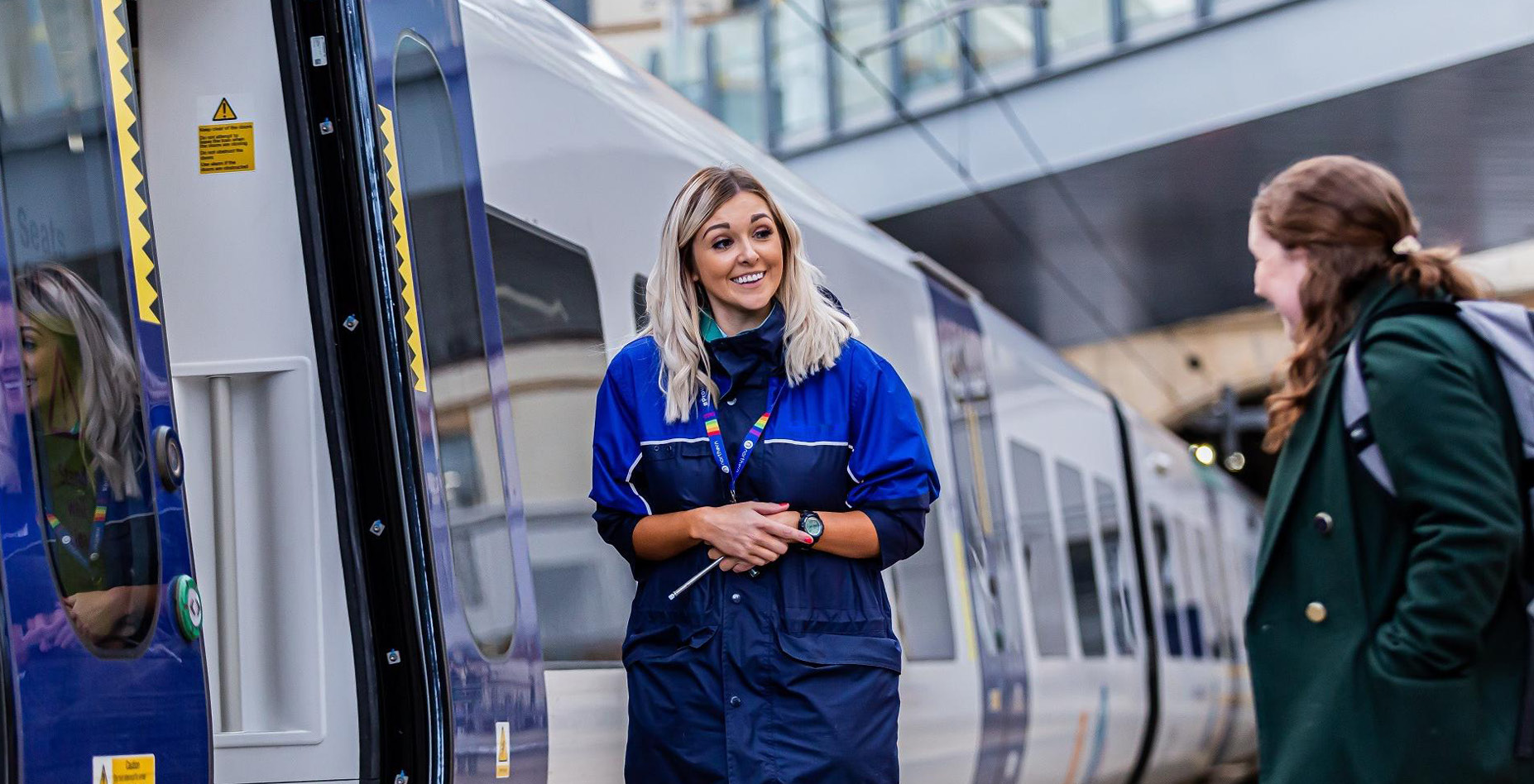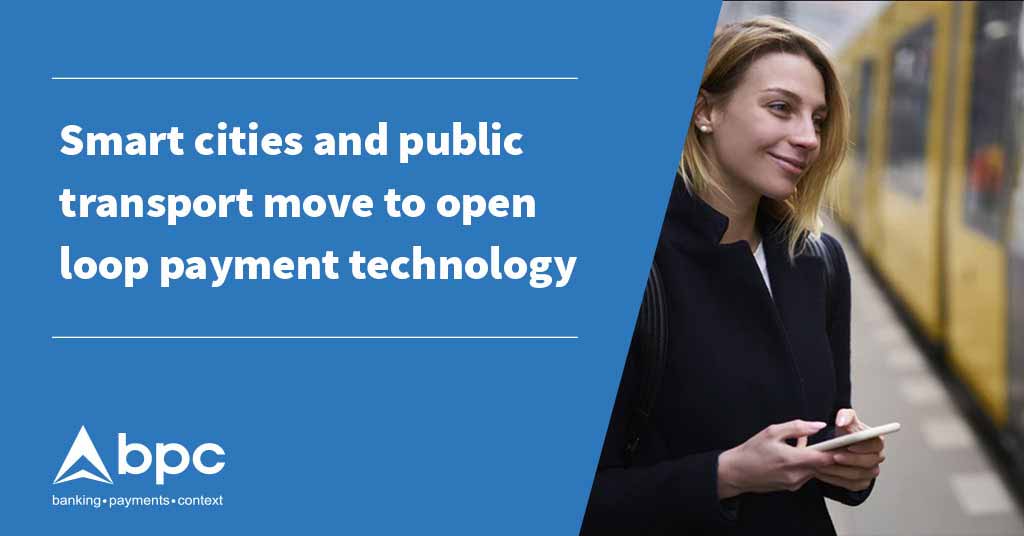Learning from successful mobile ticketing projects around the world.
Payments in transport are gradually shifting from cash and closed-loop cards to a more holistic open-loop ticketing experience across all channels. The technological concept behind open-loop allows for the acceptance of any form of payment using fare media through the network of a transit operators or other ticketing service providers. Examples might include QR codes, NFC chips, key fobs, cards, transport virtual cards, smartwatches, and more. The degree of freedom an end-user could enjoy, whether they are a commuter or a business, greatly increases as there is no constraint linked to the use of cash, which remains an unhygienic means of payment in Covid times.
The commuter user experience and the effectiveness of account based ticketing for rail transit have been discussed in previous blog articles. This time we look at rail transit as a whole. It implies much more than we could imagine as it represents a fraction of the Smart city equation. The entire ecosystem should be looked at when dealing with transport modes and the wider market is also much more appealing as the global smart ticketing market reached a value of US$15.83billion in 2021 with the expectation of hitting US$33.3billion by 2027 as per Research and Markets.
While smart ticketing covers all spheres from transport and parking, to entertainment and leisure areas, mobile ticketing and multi-modal options could be considered as a next step in the evolution.
Inspiring implementations around the world
Multi-modality is an innovative way to deal with transport; it allows linking of the transit systems together under one roof, platform, or application. The system connecting all the transportation fleet types gives passengers flexibility, improves the attractiveness of public transport in the city and may save costs on running and supporting the fare collection system. It has been found that more transit agencies are tending to move towards upgrading their legacy systems for more progressive, hardware-agnostic, account-based ticketing solutions, capable of providing multi-modal adaptability.
While the multi-modal concept might seem new, mobile ticketing is not an innovation. However, it was never used to its full potential given the availability of cash and top-up closed-loop transport cards alongside the conservative approach of “if it ain’t broke, don’t fix it.”
The pandemic disrupted the process, making mobile ticketing and contactless payments a desired and trending solution for Mobility as a Service (MaaS), and cities are increasingly exploring opportunities to make public transit as contactless and smooth as possible. Below are some excellent examples of this in action.
Philadelphia, USA - mobile ticketing
The city was already using contactless cards on its public transport, however the local transportation authorities decided to roll out the multi-travel card with mobile ticketing technology being implemented as well, supporting Google and Apple pay and boosting the convenience of ridership.
Utrecht, Netherlands - multimodal environment
It's been a while since the city of Utrecht introduced OV-chip cards that are suitable for payment in a multi-modal environment, such as buses and rail. Seeing the benefits of open-loop in front of closed-loop systems, the transport municipality is upgrading the system to open-loop standards, increasing the number of payment methods available to its commuters.
Canberra, Australia - mobile ticketing, multimodal environment
According to Transport Canberra, the city plans to upgrade its TOTO system (tap on, tap off) as well as introducing mobile ticketing on its routes. The city works towards improving the well-being of citizens and provisioning seamless journey services across multi-modal environments through ground transport and later, light-rail.
Hong Kong, APAC - mobile ticketing, multimodal
The Hong Kong MTR is introducing an acceptance of UnionPay and WeChat pay through its mobile ticketing. Local commuters will be able to pay for their train rides with those apps whilst in motion. The enhancement of additional e-payment options grants commuters a contactless experience throughout the city. And given that there are other services in the city accepting those payment options, Hong Kong steps closer to the perfect smart city experience.
Tashkent, Uzbekistan - mobile ticketing, multimodal environment
The city transitioned to cashless by introducing an open-loop solution on its transit channels: buses, trams, metro. The city solved the problem of disjointed transport operations by providing commuters the chance to enjoy all the benefits of contactless payments and a wide range of functionality such as online card top-up, journey planning, and tracking on all transport modes simultaneously.
Sofia, Bulgaria - mobile payments, multimodal environment
Sofia was the only city in Bulgaria that had various public transportation modes, such as bus, trams, trolleys, taxi, and metro. The city pursued digitalisation, introducing mobile ticketing on some of its routes, allowing passengers to use contactless payment to enjoy a safe journey while travelling, which was instrumental during the pandemic high-peaks.
As you can see, transport operators and cities from all corners of the globe aim to stay abreast of today’s standards of modern, safe travel. To stay ahead of the burgeoning public demand, the system providers started to update their solutions, often with immediately-implemented but poorly designed solutions. We at O-CITY always believe in the open, paperless, and seamless experience in the transit and city, and in response have created a flexible, account-based ticketing solution with hybrid properties to suit all; those cities that would like to take it slow and have both closed-loop and open-loop environments, and the innovators - ready for extension of fare media acceptance.
Contact our experts now to learn more about how O-CITY can help you.





